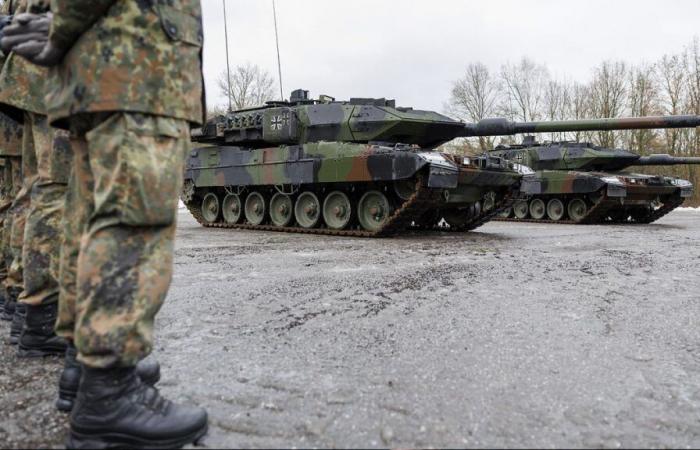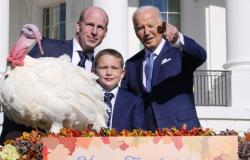Bruno Kahl, head of German intelligence services, believes that Moscow’s acts of sabotage against Western targets could prompt NATO to invoke the defense clause (Article 5 of the North Atlantic Treaty).
ADVERTISEMENT
Russia’s hybrid war tactics against the West could lead NATO to invoke the alliance’s mutual defense clause, Germany’s intelligence chief has warned.
Bruno Kahl, head of Germany’s Federal Intelligence Service (BND), said he expected Russia to increase its hybrid attacks, which can range from acts of physical sabotage such as arson to cyberattacks and disinformation campaigns.
“Russia’s heavy reliance on hybrid measures increases the risk that NATO will eventually consider invoking its mutual defense clause under Article 5,” Kahl said at an event organized by the DGAP think tank in Berlin. Article 5 is a political commitment by all NATO member countries to come to the aid of any member whose sovereignty or territory is attacked.
“At the same time, the growing increase in Russian military potential means that a direct military confrontation with NATO becomes a possible option for the Kremlin,” he added.
Mr. Kahl said a German intelligence analysis suggests that Russian Defense Ministry leaders doubt whether Article 5 would actually be invoked in the event of an attack on a NATO member.
Hybrid attacks, from severed cables to fires
NATO Secretary General Mark Rutte warned earlier this month that Moscow was waging “an increasingly intense campaign of hybrid attacks” against Western targets, and said the front line of the war being waged by Russia in Ukraine had spread to the Baltic region and all of Europe.
Two submarine communications cables connecting Germany and Finland in the Baltic Sea have been cut last week. German Defense Minister Boris Pistorius said it appeared to be an act of sabotage and a “hybrid action”, although the culprit was not known.
Several arsons have also taken place in Europe in recent months, as well as a increase in cyberattacksin the Union, the perpetrators of which are believed to be Russian actors. The Kremlin has always denied being responsible for these incidents.
Mr. Kahl stated that Russian army likely capable of attacking NATO by 2030but if it had to strike one or more members, it would not do it to seize territory. Moscow would instead seek to weaken Western unity and NATO as an alliance.
“There is no need to send tank armies to the west, it is enough to send little green men to the Baltics to protect supposedly threatened Russian minorities or to change the borders of Svalbard,” said Mr. Kahl.
The International Institute for Strategic Studies (IISS), a global security think tank, said this week that Western governments have limited coordinated means to defend against more frequent and less covert hybrid operations by Moscow.
“Until NATO and European member states agree on how to respond more forcefully to the Kremlin’s hybrid war, Europe will remain vulnerable“wrote Charlie Edwards, senior advisor at the IISS.
On the sidelines of a NATO summit in July, Danish Prime Minister Mette Frederiksen said that Russia “we [les nations européennes] attacked every day” with hybrid warfare tactics.
“I think we need to take this a lot more seriously…we’re just too polite,” she said.






